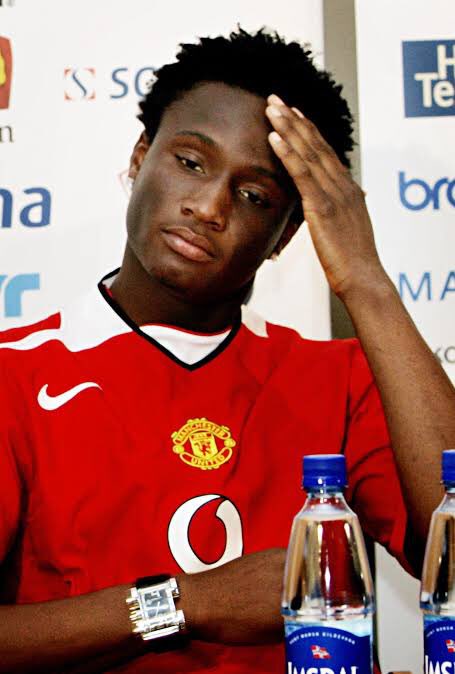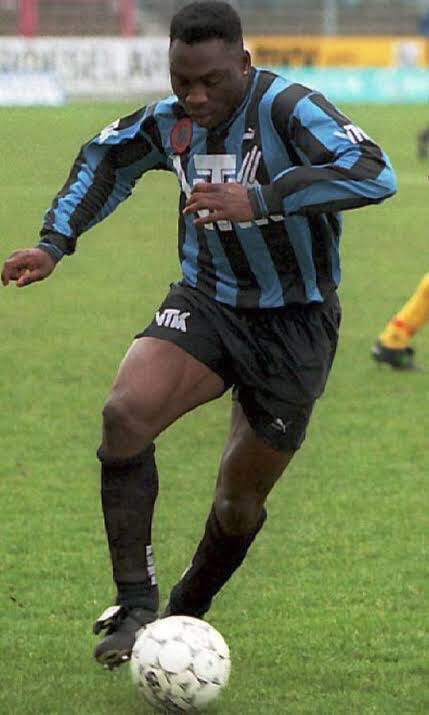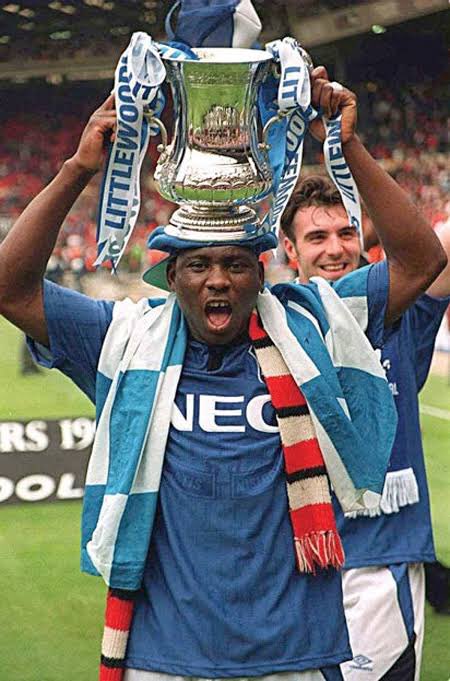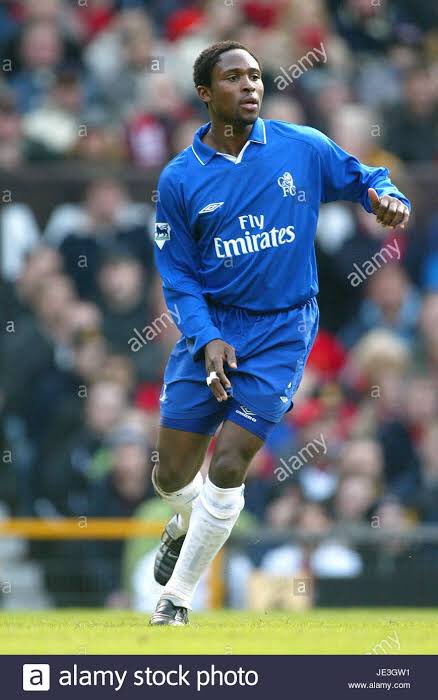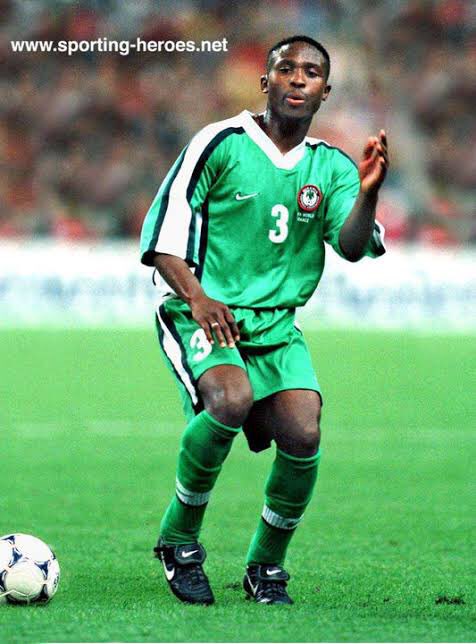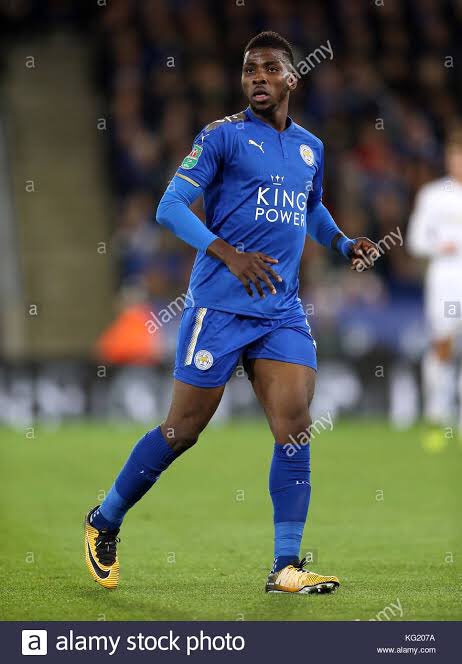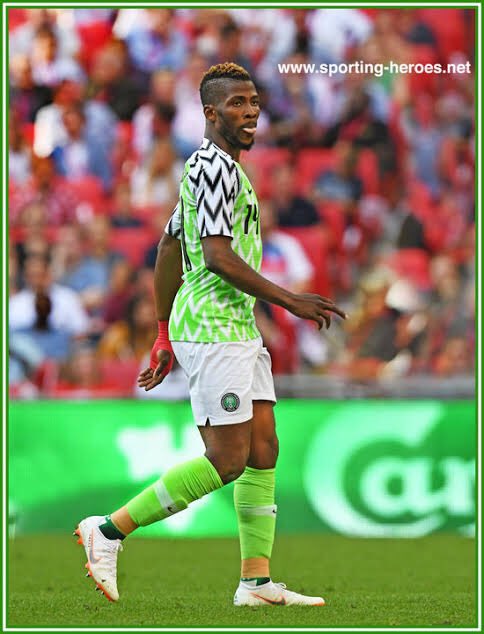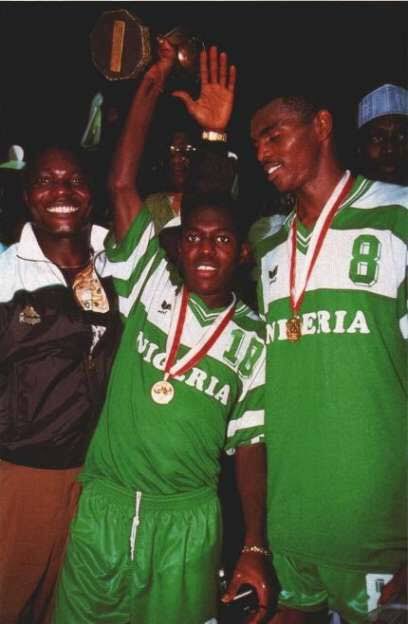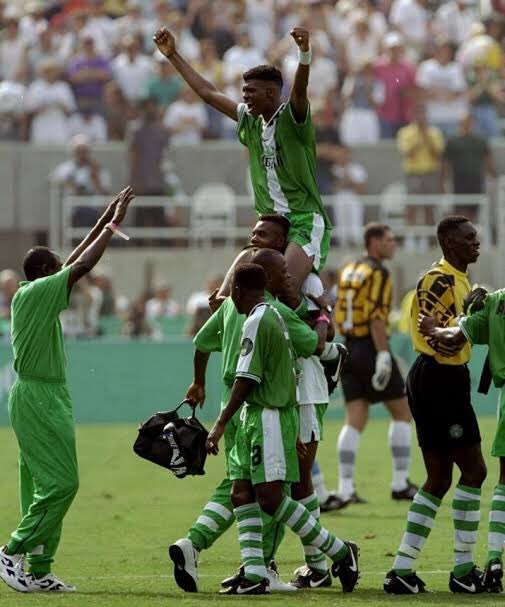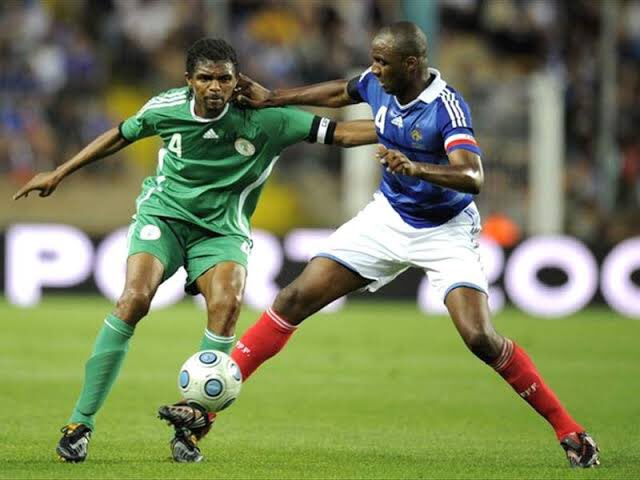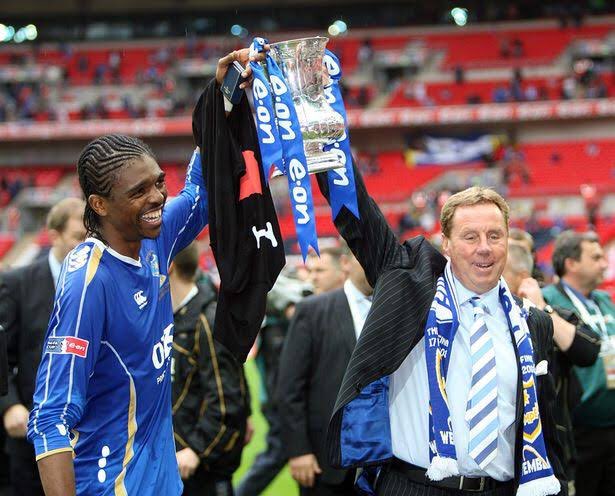NIGERIAN PLAYERS IN THE BACK STREETS OF EUROPE (2)
How come our players are now good enough to play only in India, Cyprus, Uzbekistan, Belarus, China etc?
Let's continue with the thread that tells the stories of big moves by Nigerian players, past and present.
How come our players are now good enough to play only in India, Cyprus, Uzbekistan, Belarus, China etc?
Let's continue with the thread that tells the stories of big moves by Nigerian players, past and present.
John Obi Mikel: Began his career with Plateau United before joining Norwegian club Lyn at the age of 17 in 2004. In 2006, he made a controversial transfer to Chelsea after Man United claimed they had signed him. He stayed with Chelsea for 11 years, before moving to China in 2017.
After two years in China, Mikel joined English Championship team Middlesbrough on a short-term deal in the 2019 winter transfer window. In the summer of 2019, Mikel joined Trabzonspor on a two-year contract with the option of a further year.
Mikel represented Nigeria in the Under-17 team in Finland in 2003 coached by Austin Evuavoen, Under -20 team at the 2005 World Youth Championship in Holand, won the Silver Ball for the 2nd-best player at the tournament behind Lionel Messi, and then 2016 Rio Olympics.
He made his debut for Nigeria’s senior team on 17 August 2005, when he came on as a second-half substitute in a 1–0 friendly win over Libya. First Nation Cup was in 2006, then 2010, 2013 and 2019.
Daniel Amokachi: Amokachi, nicknamed "The Bull", was discovered while playing for Ranchers Bees by Nigerian national team coach Clemens Westerhof, who brought the talented player to the 1990 African Nations Cup, and soon Amokachi moved to play for Club Brugge in Belgium.
He competed in the new format of the Champions League, and became the first player to score in the competition, after his goal secured a 1–0 win in the opening match in the group stage against CSKA Moscow.
He went on to win the FA Cup with Everton in 1995, scoring two goals in the semi-final against Tottenham Hotspur after 'substituting himself' into the match while Paul Rideout was receiving treatment, (the manager had only instructed him to warm up.
He remained at Everton until the end of the 1995–96 season, when he was transferred to Beşiktaş of Turkey for a fee of £1.75million. Was at the 1994 and 1998 FIFA World Cup, won the 1994 Nations Cup. He helped win the Olympic gold medal at the 1996 event.
Celestine Babayaro: Born in Kaduna, Babayaro began his playing career at Nigerian side Plateau United, before moving to Belgian club Anderlecht in 1994, and eventually would make a name for himself, quickly gaining first-choice status although still a teenager.
He spent majority of his career playing in the Premier League for Chelsea from 1997 to 2005, later for Newcastle United from 2005 to 2008. He had a brief stint at MLS club LA Galaxy but never officially played for the club and was a free agent before retiring in 2010.
After Japan’93 U-17 World Cup success with the Golden Eaglets, Babayaro made his senior debut in the Afro-Asian Cup in 1995, represented Nigeria from 1995-2004, and was part of two Olympic squads (won one in 1996), two World Cup squads and three African Cup of Nations squads.
Kelechi Iheanacho: After putting up superlative performances for Nigeria at the U-17 FIFA World Cup in Abu Dhabi, and was voted Player of the tournament, he became one of the most sought after youngsters in the world. He finally landed in England with Manchester City.
The Leicester City star made Nigeria’s U-20 World Cup team in New Zealand in 2015, his senior national team debut was as a substitute in a 2014 FIFA World Cup qualifying match against eSwatini, and In May 2018 was named in Nigeria’s squad for the 2018 World Cup in Russia.
Nwankwo Kanu: He played for Iwuanyanwu Nationale, Ajax, Inter Milan, Arsenal, West Bromwich Albion and Portsmouth. Kanu won a UEFA Champions League medal, a UEFA Cup medal, three FA Cup medals and two African Player of the Year awards amongst others.
Kanu was a member of the Super Eagles from 1994 to 2010, making his debut in a friendly against Sweden. Earlier on at the start of his career, Kanu was instrumental in Nigeria's overall success at the 1993 FIFA U-17 tournament in Japan.
As well as winning the Olympic gold in the football event at 1996 Olympics in Atlanta, where he scored the winning goal in the 4–3 semi-final win over Brazil, his second goal of the match. Kanu participated at the 1998 & 2002 World Cups. He retired after the 2010 World Cup.

 Read on Twitter
Read on Twitter

